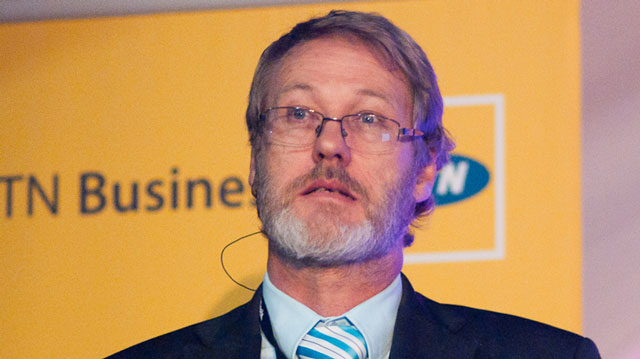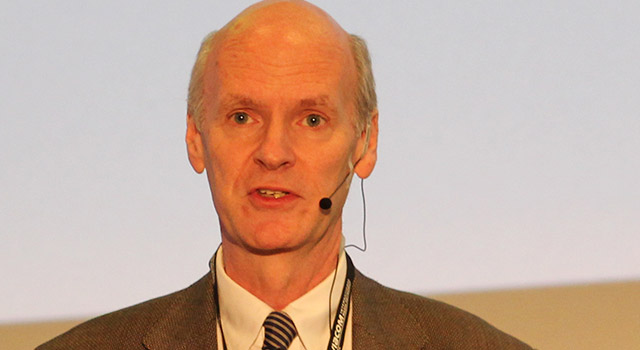
South Africa’s digital terrestrial television (DTT) migration project is in a dire state and if the country fails to switch off its analogue signals after the mid-June 2015 cut-off date, it may be obliged to do so if analogue signals interfere with neighbouring countries using the spectrum.
This is according to outgoing Icasa councillor William Stucke, who was speaking at the Discop 2014 broadcasting and content conference in Johannesburg on Wednesday.
Stucke, who emphasised that he was speaking in his personal capacity, said the reason for the delay is that there is a “perception” that viewers necessarily need a set-top box in order to do the switch.
“The set-top box is only for people who have old analogue TVs,” Stucke said. “In most countries, new TVs come with a built-in decoder called an integrated digital television, or IDTV. The difficulty South Africa faces is that it has not made up its mind, so the manufacturers do not know what they are supposed to do,” he said.
Stucke said that unless a standard, “vanilla-flavoured” set-top box or decoder is made available by the 17 June 2015 deadline, the country won’t have any households able to watch digital TV.
He warned that should South Africa continue to broadcast via analogue signals after that date, broadcasters may be obliged to switch off their signals as the spectrum could interfere with neighbouring countries using the old TV spectrum for mobile broadband networks. “We have already seen this earlier this year when Lesotho trialled LTE and it caused interference with e.tv in Ladybrand,” he said.
Stucke said the situation is “fairly dire”.
“We have eight months before the cut-off date and it took the UK 12 years to do its digital migration,” he said.
“Once South Africa has completed its digital migration, the capacity available on the digital spectrum will allow for seven national networks and potentially giving us the capability to host 140 national digital channels, or 35 HD channels. It’s unlikely that all those channels will be used on a national basis, but there is more than enough space for every current broadcaster to have their own multiplex and there is space for new broadcasters to come in, be they pay or free to air.”

Publisher and consultant Russell Southwood of Balancing Act Africa, who chaired the session at which Stucke made the remarks, said only five countries in Africa will meet the digital TV deadline, which they agreed to with the International Telecommunication Union.
“You may think it is a good idea to simply cut off the analogue signal after the DTT deadline to incentivise uptake, but what we have seen in places like Tanzania and Rwanda, where they have already switched to DTT, is that after the switch, large numbers of the population did not have a DTT set-top box,” Southwood said.
He said this meant that advertisers in those countries simply paid less for advertising as a result of the large drop in viewership numbers — as a result of poor digital penetration. “It damaged the TV industry there.” — © 2014 NewsCentral Media




